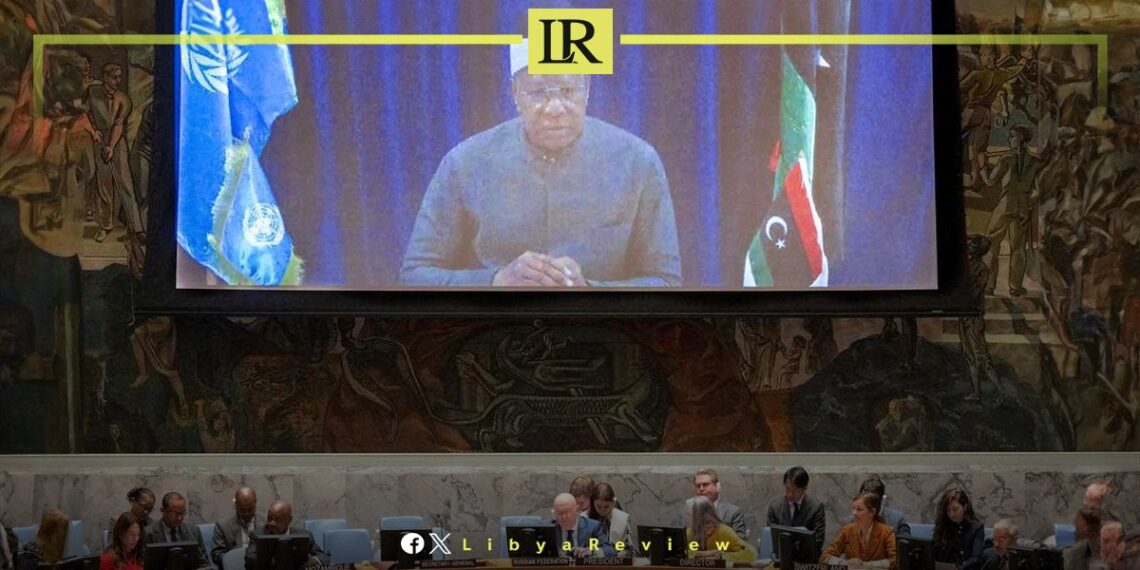On Wednesday, the United Nations Special Envoy to Libya Abdoulaye Bathily reaffirmed the UN’s commitment to facilitating a peaceful political transition in Libya.
During his meeting with tribal leaders in the Amazigh town of Jadu, the UN diplomat underscored the urgent need for Libya’s key political figures to engage constructively in dialogue. This dialogue aims to address the nation’s prolonged political deadlock and set the stage for upcoming elections, reflecting the Libyan populace’s growing demands for democratic governance.
During his visit, Bathily highlighted the essential role of inclusive dialogue in ensuring that all segments of Libyan society, especially marginalized communities like the Amazigh, are represented fairly in the political process. He stressed the importance of equitable resource distribution, emphasizing that the residents of regions like Jadu deserve to benefit more significantly from Libya’s wealth and to participate fully in its political landscape.
The discussions also tackled the broader issues of political participation, reconciliation, and recent security challenges, revealing deep-seated concerns about ongoing marginalization. Bathily advocated for a unified approach, calling on international and regional partners to support a Libyan-led solution to the political impasse.
Furthermore, in a meeting with Japan’s Ambassador to Libya, Shimmura Izuru, Bathily praised Japan’s positive role in humanitarian efforts and its leadership in the UN Sanctions Committee on Libya. They explored the complexities of Libya’s current political, security, and economic landscape and the hurdles to advancing the political process, including the formation of a unified government.
Bathily’s initiatives reflect the international community’s broader strategy to support Libya in overcoming its political challenges, emphasizing dialogue and reconciliation as critical pathways to peace and democratic elections. Through these efforts, the UN aims to facilitate a political settlement that respects the aspirations of all Libyans and paves the way for a stable, democratic future.


